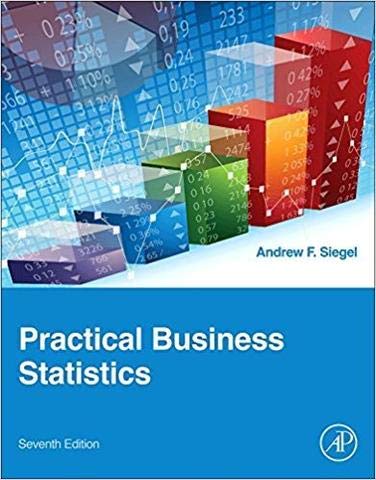The Common Law
₱1,074.00
Product Description
“The Common Law,” a great legal classic, was written by noted Supreme Court Justice Oliver Wendell Holmes, Jr. in 1881. The book is about common law in the United states, including torts, property, contracts, and crime. The substance of “The Common Law” is a series of lectures on the various common law subjects: criminal law, property law, contracts, consideration, torts, negligence, bailments, trespass, etc. What makes this book so important is not that the lectures were a summary of the current state of the law at the time Holmes spoke in 1881, but rather because Holmes insightfully explains how they got to be that way. Two tenets of early 20th century jurisprudence that Holmes propounded (and was influential in writing into law when he was later appointed to the Supreme Court of Massachussetts, and later of the United States) can be identified in this work: legal positivism and legal realism. Though a little tedious for non-lawyers, “The Common Law” illustrates some interesting points as Oliver Wendell Holmes, Jr. addresses the fluid basis for our legal system.
About the Author
Oliver Wendell Holmes, Jr. (1841-1935) was an American jurist who served as an Associate Justice of the Supreme Court of the United States from 1902 to 1932. Noted for his long service, his concise and pithy opinions, and his deference to the decisions of elected legislatures, he is one of the most widely cited United States Supreme Court justices in history, particularly for his “clear and present danger” majority opinion in the 1919 case of Schenck v. United States, and is one of the most influential American common law judges. Holmes retired from the Court at the age of 90, making him the oldest Justice in the Supreme Court’s history. He also served as an Associate Justice and as Chief Justice on the Supreme Judicial Court of Massachusetts and was Weld Professor of Law at the Harvard Law School, of which he was an alumnus. Profoundly influenced by his experience fighting in the American Civil War, Holmes helped move American legal thinking away from formalism and towards legal realism, as summed up in his maxim: “The life of the law has not been logic; it has been experience.” Holmes espoused a form of moral skepticism and opposed the doctrine of natural law, marking a significant shift in American jurisprudence. As he wrote in one of his most famous decisions, his dissent in Abrams v. United States (1919), he regarded the United States Constitution as “an experiment, as all life is an experiment” and believed that as a consequence “we should be eternally vigilant against attempts to check the expression of opinions that we loathe and believe to be fraught with death.” During his tenure on the Supreme Court, to which he was appointed by President Theodore Roosevelt, he supported efforts for economic regulation and advocated broad freedom of speech under the First Amendment. These positions as well as his distinctive personality and writing style made him a popular figure, especially with American progressives, despite his deep cynicism and disagreement with their politics. His jurisprudence influenced much subsequent American legal thinking, including judicial consensus supporting New Deal regulatory law, pragmatism, critical legal studies, and law and economics.











